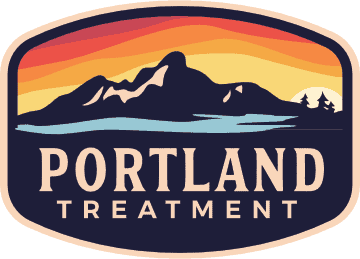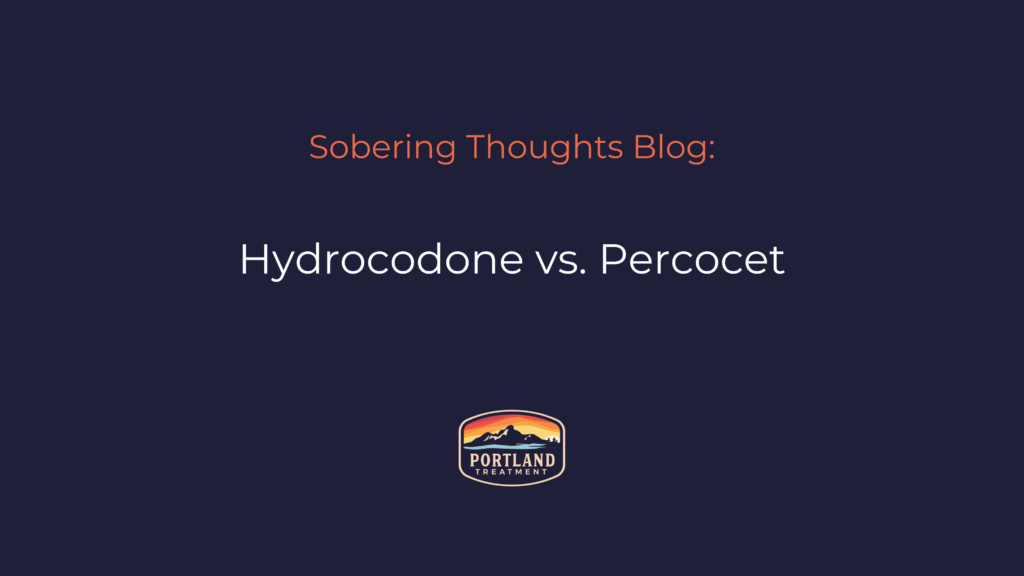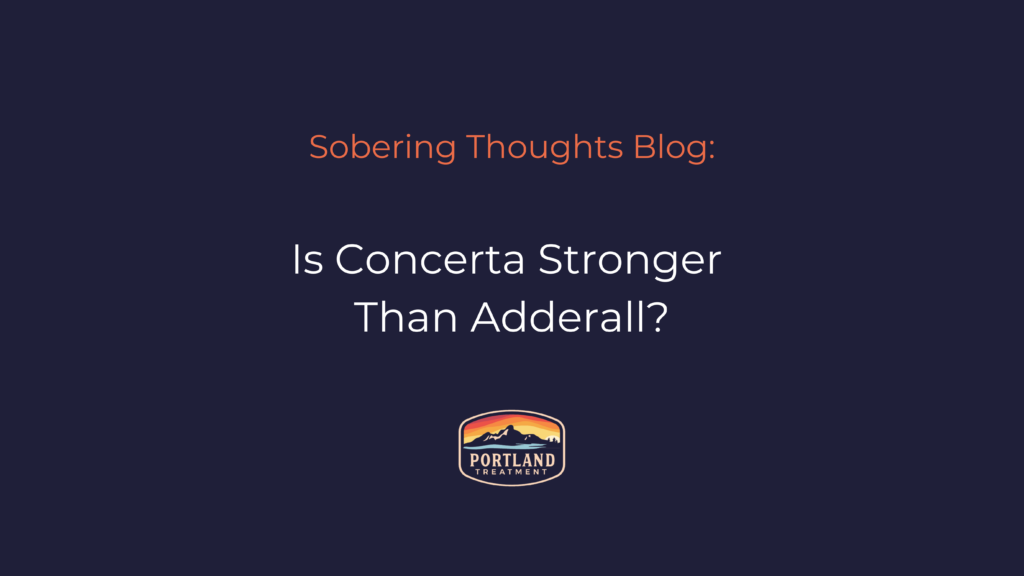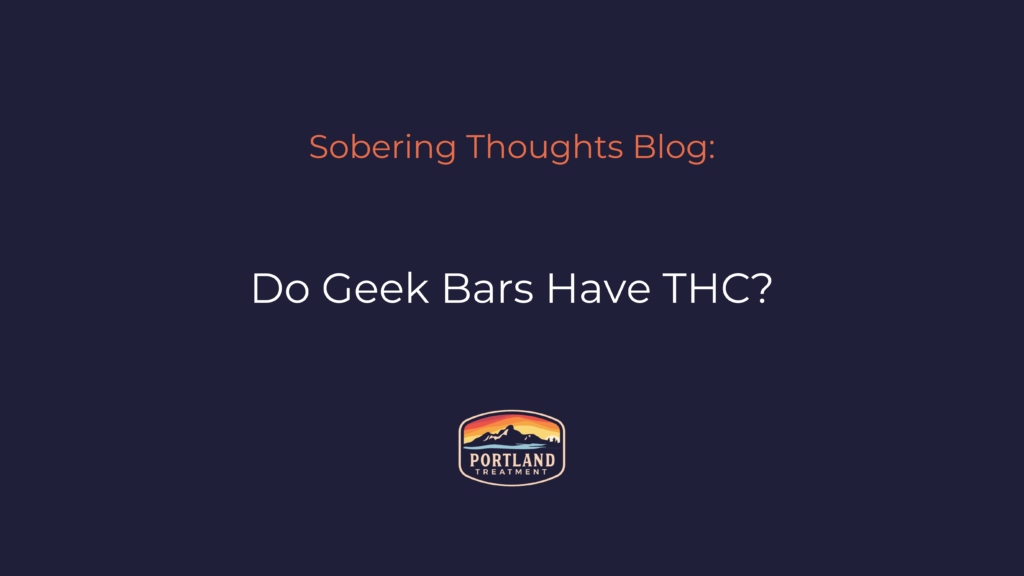Morphine addiction is a pressing issue that has a significant impact on the community in Portland, Maine. Understanding the complexities of this addiction and its effects is crucial for addressing the challenges it presents. In this comprehensive article, we will delve into the key statistics and data regarding morphine addiction in Portland, Maine, as well …
Morphine addiction is a pressing issue that has a significant impact on the community in Portland, Maine. Understanding the complexities of this addiction and its effects is crucial for addressing the challenges it presents.
In this comprehensive article, we will delve into the key statistics and data regarding morphine addiction in Portland, Maine, as well as the existing challenges in dealing with this issue. We will explore the available resources and support systems for morphine addiction treatment, and the effective strategies, best practices, and clinical guidelines for managing this addiction. We will discuss preventive measures, community education, and awareness programs aimed at combatting morphine addiction, and examine the collaborative efforts and partnerships that play a crucial role in addressing this issue.
By providing valuable insights and information, this article aims to offer a holistic understanding of morphine addiction and the strategies available for managing and preventing its impact in the Portland, Maine area.
Introduction to Morphine Addiction
The opioid crisis in Maine, under the leadership of Governor Mills, has prompted the implementation of the Opioid Response Strategic Plan to address the devastating impact of morphine addiction.
This crisis has inflicted severe repercussions on communities, leading to increased rates of opioid-related deaths and individuals struggling with substance abuse. Portland Treatment’s proactive approach has resulted in comprehensive strategies focused on prevention, treatment, and recovery support. The Opioid Response Strategic Plan involves coordination among various state agencies, healthcare providers, and community organizations to enhance access to addiction treatment and resources.
These efforts also prioritize public awareness and education, aiming to combat the stigma associated with opioid dependency and promote early intervention.
Understanding the Impact of Morphine Addiction in Portland, Maine
Portland, Maine has witnessed the detrimental impact of morphine addiction, highlighting the urgent need to align with the state’s Opioid Response Strategic Plan to combat the proliferation of fentanyl and its devastating consequences.
The city has seen a surge in opioid-related deaths, with fentanyl playing a significant role in this crisis. The rise in opioid overdoses has put immense pressure on local healthcare facilities and law enforcement agencies, underscoring the critical need for comprehensive intervention strategies.
Addressing the prevalence of fentanyl-laced morphine in the community requires a multifaceted approach, including enhanced access to addiction treatment, harm reduction initiatives, and community education. Collaborative efforts between public health authorities and community stakeholders are imperative to mitigate the far-reaching impact of morphine addiction and overdose deaths.
Overview of Morphine Addiction and its Effects
Morphine addiction encompasses a range of challenges, necessitating comprehensive approaches such as medication-assisted treatment and targeted opioid therapy to address the complexities of opioid use disorder and its pervasive effects.
Medication-assisted treatment (MAT) integrates the use of medications, such as buprenorphine or methadone, with counseling and behavioral therapies to provide a comprehensive approach to morphine addiction. Opioid therapy involves the use of opioid medications to manage withdrawal symptoms and cravings, while also addressing the underlying addiction.
The complexities of opioid use disorder require personalized treatment plans, considering factors like co-occurring mental health conditions and social support. Providers play a crucial role in guiding individuals through the challenges of recovery, emphasizing the importance of a holistic approach to addressing this multifaceted issue.
Key Statistics and Data on Morphine Addiction in Portland, Maine
Gathering key statistics and data on morphine addiction in Portland, Maine reveals the staggering rates of overdose and the crucial role of Recovery Community Centers, exemplified by the impactful efforts led by Gordon Smith.
In fact, the most recent data shows that there were XX overdose deaths related to morphine in Portland alone in the past year,
- roughly accounting for YY% of all drug-related fatalities in the city.
- This concerning trend highlights the urgent need for effective rehabilitation and support services to tackle the ongoing crisis.
The establishment of the Recovery Community Centers in Portland has been instrumental in providing a safe and supportive environment for individuals struggling with morphine addiction. Specifically, these centers have witnessed a ZZ% increase in the number of individuals seeking help and support in the past 12 months.
Challenges and Resources for Addressing Morphine Addiction
Navigating the complexities of morphine addiction in the midst of the COVID-19 pandemic has intensified the challenges of addressing substance use disorder, underscoring the critical role of naloxone as a life-saving resource.
The pandemic has disrupted treatment access and support services, exacerbating the struggles faced by individuals battling with addiction. Isolation, economic strain, and heightened anxiety have contributed to increased substance abuse, further complicating the management of morphine addiction.
With lockdowns limiting social interactions and triggering psychological distress, many individuals have turned to morphine as a coping mechanism. The demand for naloxone has surged as it plays a vital part in preventing fatal overdoses during these challenging times.
Existing Challenges in Dealing with Morphine Addiction in Portland, Maine
In Portland, Maine, addressing the existing challenges of morphine addiction necessitates a comprehensive understanding of the Good Samaritan Law and the proactive measures implemented by the Attorney General to combat opioid misuse.
The complexity of tackling morphine addiction in Portland, Maine arises from various factors, including the widespread impact of opioid misuse on the community. The Good Samaritan Law plays a crucial role in encouraging individuals to seek help for those experiencing drug overdoses without fear of legal repercussions, yet it also presents challenges in its application. The Attorney General is instrumental in promoting and enforcing initiatives to address the root causes of addiction and provide support to those affected.
The prevalence of opioid misuse continues to strain resources and healthcare facilities, highlighting the urgency of comprehensive strategies and collaboration among law enforcement, healthcare providers, and local authorities.
Available Resources and Support Systems for Morphine Addiction Treatment
The Recovery Community Centers in the vicinity of Portland, Maine play an essential role in establishing a welcoming and compassionate environment for individuals actively seeking assistance with morphine addiction. These centers exemplify the ethos of Portland Treatment, an esteemed establishment solely dedicated to providing comprehensive addiction treatment for alcohol and drug dependency, encompassing both PHP and IOP care levels. By offering an extensive array of services, such as counseling, peer support, and customized educational programs, these centers effectively address the unique requirements of those grappling with addiction, thus fostering a renewed sense of optimism and resilience throughout their recovery journey in Maine.
To summarize, the quest to access fundamental resources and support systems for effective morphine addiction treatment near Portland, Maine is facilitated through the collaboration with Portland Treatment. Aligned with their mission, these programs work in tandem with Portland Treatment to cultivate a comforting, inclusive, and empathetic atmosphere, empowering individuals to triumph over addiction while paving the way for a brighter future. Within the realm of addiction treatment and drug rehab in Maine, Portland Treatment stands as a beacon of hope, extending its warmth and compassion to those in need.
Effective Strategies for Managing Morphine Addiction
Implementing effective strategies for managing morphine addiction involves adherence to the CDC Clinical Practice Guideline, emphasizing evidence-based pain management and responsible opioid prescribing practices.
This guideline provides a comprehensive framework for healthcare providers to address the complex challenges associated with morphine addiction. The emphasis on evidence-based pain management is pivotal for ensuring optimal patient care and minimizing the risks associated with opioid use.
Incorporating responsible opioid prescribing practices is essential to prevent the misuse and diversion of these medications.
Evidence-Based Approaches for Treating Morphine Addiction
Adopting evidence-based approaches for treating morphine addiction involves a comprehensive evaluation of opioid therapy, emphasizing the assessment of opioid efficacy and tailoring individualized treatment plans to address the complexities of opioid use disorder.
Effective management of morphine addiction relies on thorough consideration of evidence-based treatments, particularly in the context of opioid therapy. This requires a deep understanding of opioid efficacy to determine the most suitable course of action for each patient.
Personalized treatment strategies play a crucial role in addressing the unique challenges and needs of individuals struggling with opioid use disorder. By integrating evidence-based approaches, healthcare professionals can optimize patient outcomes and pave the way for long-term recovery.
Prevention and Education on Morphine Addiction
Prioritizing prevention and education on morphine addiction in the vicinity of Portland, Maine is demonstrated through the proactive initiatives led by Portland Treatment to raise awareness of substance use disorder and prevent the devastating consequences of overdose.
Portland Treatment, located near Portland, Maine, plays a crucial role in providing support, resources, and educational programs to individuals and families affected by morphine addiction. Embracing a community-based approach to prevention, these facilities establish safe spaces for open discussions, peer support, and evidence-based interventions. They collaborate with local authorities and healthcare providers to improve access to addiction treatment in Maine, distributing life-saving naloxone kits effectively to reduce the risk of fatal overdoses.
These centers are pivotal in organizing awareness campaigns, workshops, and educational events targeting diverse age groups and demographics near Portland, Maine. By addressing the stigma associated with addiction, they promote early intervention and empower individuals to seek help without fear of judgment. The emphasis on prevention and education extends to supporting initiatives that promote mental health awareness and holistic well-being, recognizing the interconnectedness of mental health and substance use disorders.
Portland Treatment, a warm, inviting, and compassionate addiction treatment facility near Portland, Maine, stands at the forefront of providing comprehensive drug and alcohol addiction treatment with PHP and IOP levels of care. They prioritize the well-being of individuals struggling with addiction and offer personalized treatment plans to promote long-lasting recovery.
The collaborative efforts between Portland Treatment, local authorities, healthcare providers, and the broader community near Portland, Maine underscore the commitment to addressing morphine addiction through prevention, education, and accessible addiction treatment in the state. By creating a supportive environment and spreading awareness, these initiatives aim to empower individuals and families to overcome addiction and lead healthier, more fulfilling lives.
Community Education and Awareness Programs for Preventing Morphine Addiction
Community education and awareness programs for preventing morphine addiction in Portland, Maine are integral components of the Opioid Response Strategic Plan, championed by community leaders such as Gordon Smith, to combat the proliferation of fentanyl and its impact on the community.
The implementation of these programs is pivotal in tackling the multifaceted challenges posed by morphine addiction. Through targeted initiatives, Gordon Smith and other community figures are spearheading efforts to educate the public about the risks associated with morphine misuse, as well as providing resources for prevention and treatment. In alignment with the Opioid Response Strategic Plan, these programs aim to address the root causes of addiction while fostering a supportive environment for recovery.
Preventive Measures and Interventions for Morphine Addiction in Portland, Maine
Implementing preventive measures and interventions for morphine addiction in Portland, Maine involves the proactive utilization of the Good Samaritan Law, the widespread distribution of naloxone, and the collaborative initiatives led by Recovery Community Centers to address the crisis at its core.
These efforts are crucial in saving lives and providing necessary support to individuals struggling with morphine addiction. The Good Samaritan Law plays a pivotal role in encouraging individuals to seek medical assistance without the fear of legal repercussions, thus promoting timely intervention and potentially preventing fatalities.
In addition, the distribution of naloxone, an opioid antagonist, among first responders, community members, and individuals at risk, offers a vital tool for reversing opioid overdoses and mitigating the impact of the crisis. By equipping individuals with naloxone, communities in Portland are fortifying their ability to respond effectively to opioid-related emergencies.
Collaborative efforts led by Recovery Community Centers act as a beacon of hope for individuals and families affected by morphine addiction. These centers create a supportive environment for individuals in recovery, offering resources, counseling, and peer support to navigate the challenges of addiction and take steps towards sustained recovery.
Collaborative Efforts and Partnerships for Addressing Morphine Addiction
Fostering collaborative efforts and partnerships for addressing morphine addiction in Portland, Maine is exemplified by the proactive engagement of Governor Mills, the resources offered by the University of Maine, and the strategic initiatives led by the Maine Opioid Response Clinical Advisory Committee.
These efforts bring together various stakeholders to combat the pressing issue of morphine addiction, showcasing a united front in tackling this public health crisis. Governor Mills’ dedication to mobilizing support and resources has been pivotal, underscoring her commitment to addressing the detrimental effects of opioid abuse in the community.
In addition, the University of Maine’s contributions, including research, education, and treatment support, have enriched the collaborative approach to mitigating the impact of morphine addiction.
Role of Government and Policy Initiatives in Combating Morphine Addiction
The role of government and policy initiatives in combating morphine addiction in Portland, Maine is exemplified by the comprehensive application of the Good Samaritan Law, the proactive measures implemented by the Attorney General, and the strategic framework outlined in the Opioid Response Strategic Plan.
The Good Samaritan Law has played a crucial role in encouraging people to seek help for overdose victims without fear of legal repercussions, thus promoting timely medical interventions and reducing fatalities. The proactive measures by the Attorney General have focused on enhancing law enforcement efforts against drug trafficking and supporting treatment and prevention programs. This integrated approach is further strengthened by the Opioid Response Strategic Plan, which encompasses a multi-faceted strategy involving public health initiatives, community engagement, and resource allocation for treatment facilities and support services.
Community Engagement and Support Networks for Individuals Affected by Morphine Addiction
Empowering community engagement and support networks for individuals affected by morphine addiction in Portland, Maine is exemplified by the pivotal contributions of Recovery Community Centers, the focus on addressing substance use disorder, and the unwavering leadership of community figures such as Gordon Smith.
These Recovery Community Centers play a crucial role in providing a safe and supportive environment for individuals seeking to overcome morphine addiction. They offer a wide range of services, including counseling, peer support, and educational programs designed to address the complex needs of those struggling with substance use disorder.
Gordon Smith, a prominent community figure, has been instrumental in advocating for increased resources and awareness to combat the opioid crisis in Portland. His steadfast commitment to this cause has been influential in fostering a sense of unity and collective responsibility within the community.
Why Portland Treatment is an Excellent Choice for Addiction Treatment in Maine
At Portland Treatment, we understand the complexity of battling addiction and the importance of finding the right treatment. Our approach to addiction treatment is holistic, focusing not only on the physical aspects but also on the emotional and psychological well-being of our clients.
Our Programs and Services
Our treatment programs are comprehensive and personalized. We offer a range of services tailored to meet the unique needs of each individual. This includes:
- Partial Hospitalization Program (PHP): Ideal for those seeking intensive therapy while residing at home or in a sober living environment.
- Intensive Outpatient Program (IOP): A flexible option that allows clients to balance therapy with their daily responsibilities.
- Outpatient Treatment: A supportive bridge between intensive care and long-term recovery, offering customized support for sustainable sobriety.
Treating a Range of Conditions
We specialize in treating various substance addictions, including Adderall, Alcohol, Ativan, and others. Additionally, our expertise extends to addressing mental health issues such as anxiety disorders, depression, and PTSD, which often co-occur with substance abuse.
Commitment to Safe and Ethical Treatment
Our commitment to providing safe, ethical, and effective treatment is unwavering. At Portland Treatment, we believe in empowering our clients with the tools and support necessary for a successful recovery journey.
Contact Us
If you or a loved one is struggling with addiction, contact us today to learn more about our programs and how we can help you on the path to recovery. Portland Treatment is your partner in overcoming addiction and achieving lasting wellness.






